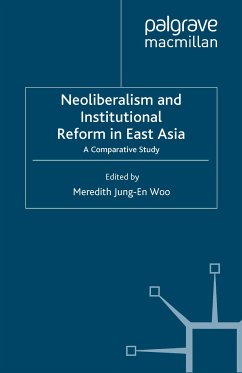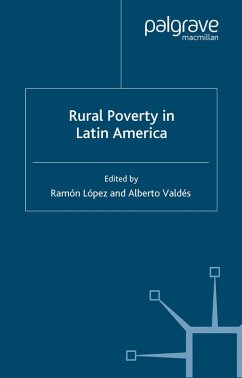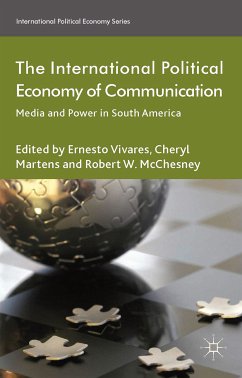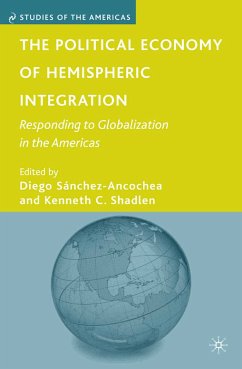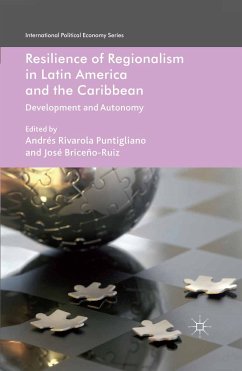
Resilience of Regionalism in Latin America and the Caribbean (eBook, PDF)
Development and Autonomy
Redaktion: Briceño-Ruiz, J.
Versandkostenfrei!
Sofort per Download lieferbar
40,95 €
inkl. MwSt.
Weitere Ausgaben:

PAYBACK Punkte
20 °P sammeln!
As regionalisation becomes an increasingly hot topic, the authors explain why regionalism has been most successful in Latin America and analyse current processes and opinions of possible future developments in the region, including the Caribbean, Central America, Brazil, and Mexico.
Dieser Download kann aus rechtlichen Gründen nur mit Rechnungsadresse in A, B, BG, CY, CZ, D, DK, EW, E, FIN, F, GR, HR, H, IRL, I, LT, L, LR, M, NL, PL, P, R, S, SLO, SK ausgeliefert werden.



